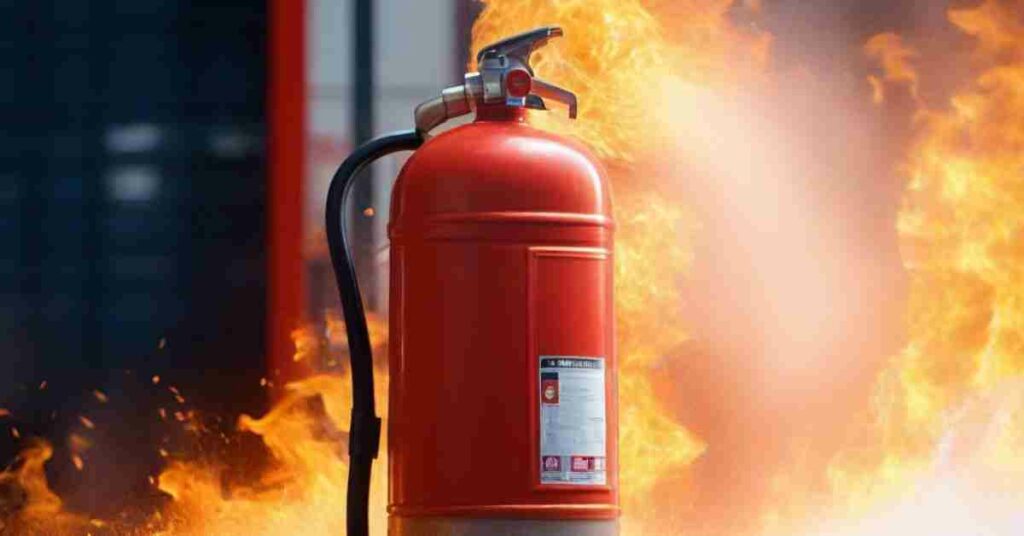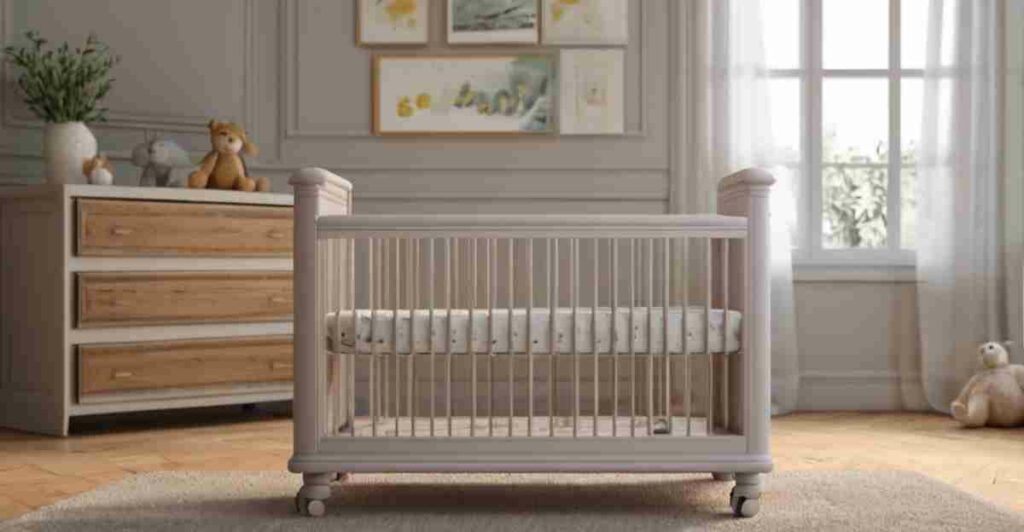Yes, many movie theaters have cameras inside. They are used for security purposes, to help deter and identify criminals. The cameras may be located in the lobby, hallway, auditorium, or other areas of the theater.
Do all movie theaters have cameras inside?
Not all movie theatres may have cameras, but many do. The use of security cameras in movie theatres is becoming increasingly common, as they can help to deter and identify criminals.
Which locations in movie theaters usually have security cameras installed?
In movie theaters, security cameras are typically installed in various strategic locations to ensure the safety of patrons and to monitor the premises. These locations often include:
Entrances and Exits: Cameras are commonly placed at main entrances and exit to monitor the flow of people in and out of the theater.
Lobby and Ticket Counters: Security cameras in the lobby area and near ticket counters help monitor customer interactions, ticket sales, and general activity.
Hallways and Corridors: Cameras are positioned in hallways and corridors to keep an eye on the movement of both staff and patrons.
Auditorium Entrances: Cameras may be placed outside individual auditoriums to monitor the crowds entering and exiting the screening areas.
Concession Stands: Security cameras near concession stands help monitor transactions and activities in this high-traffic area.
Staircases and Elevators: These areas are often equipped with cameras to ensure the safety of patrons using these facilities.
Restrooms: While privacy concerns must be taken into consideration, cameras may be positioned discreetly near restroom entrances to monitor any suspicious activity.
Emergency Exits: Cameras near emergency exits can help prevent misuse and ensure these exits are only used for their intended purpose.
Parking Lots: Outdoor cameras in parking lots monitor vehicles and people arriving and leaving the theater premises.
Projection Booths: For security and operational reasons, cameras may be installed in projection booths to oversee the projection equipment.
Cash Handling Areas: Cameras in areas where cash is handled, such as ticket booths and administrative offices, can deter theft and provide evidence in case of any incidents.
It’s important to note that the placement of security cameras should be done in compliance with legal and ethical considerations, particularly with regard to privacy rights. The specific locations and number of cameras may vary depending on the theater’s size, layout, and security requirements.
Which locations in movie theatres usually have no security cameras installed?
Movie theaters typically prioritize security by installing security cameras in various key locations throughout their premises. However, to respect privacy concerns and maintain a comfortable environment for patrons, certain areas within movie theaters are commonly avoided when installing security cameras. These locations often include:
Private Seating Areas: Cameras are usually not installed inside private screening rooms, VIP lounges, or premium seating areas to maintain the privacy of patrons who have paid for exclusive experiences.
Changing Rooms or Dressing Areas: In theaters that provide dressing rooms or changing areas for performers or staff, security cameras are typically avoided to ensure individuals’ privacy during these moments.
Bathrooms and Restroom Stalls: Out of respect for privacy and legal considerations, security cameras are strictly prohibited in bathrooms and individual restroom stalls.
Sensitive Employee Areas: Locations like break rooms, employee restrooms, and designated employee-only spaces are often excluded from camera coverage to provide staff members with a sense of privacy.
Medical and First Aid Stations: To ensure the confidentiality of individuals seeking medical assistance, cameras are generally not placed near medical and first aid stations.
Artistic or Decorative Spaces: Areas that focus on artistic or decorative elements, such as elaborate murals or thematic designs, tend to be devoid of security cameras to maintain the aesthetic experience.
Non-Public Administrative Offices: Offices, where sensitive administrative or financial matters are discussed or handled, may not have security cameras to uphold confidentiality.
Non-Transactional Spaces: Spaces dedicated solely to relaxation, leisure, or personal reflection, such as meditation rooms or designated quiet areas, are often free of security cameras to respect the intended atmosphere.
Child Play Areas: If the theater offers play zones for children, these areas are typically camera-free to ensure the safety and privacy of young visitors.
It’s important to note that while these locations are generally avoided for security camera installation, practices may vary depending on theater policies, legal requirements, and evolving privacy considerations. The primary goal is to strike a balance between security measures and maintaining a respectful and enjoyable environment for all patrons and staff.
Why Do Movie Theaters Have Cameras Inside?
Here are some of the reasons why movie theatres have cameras:
- Protection of Copyrighted Material
With the proliferation of smartphones and other digital devices, it has become easier for people to illegally film and record movies in the theatre. This is a major problem for movie studios, as it leads to lost revenue from pirated copies of films being circulated online. By having security cameras in place, movie theatres can help to deter would-be pirates and catch those who do try to illegally record films.
- Safety and Security
Another reason why movie theatres have security cameras is for safety and security purposes. In the event of an emergency, such as a fire or theft, the footage from the security cameras can be used to help identify what happened and who was responsible. Additionally, the presence of security cameras can help to deter crime in general, as potential criminals will know that they are being watched and may be less likely to act.
- Preventing unlawful acts in the theater
Movie theatres also have cameras to prevent unlawful or inappropriate acts from taking place inside the theatre. This can include anything from rowdy behavior to people getting indulging in sexual acts. By having security cameras in place, movie theatres can help to deter such behavior and catch those who do act inappropriately.
- Staff Monitoring
Lastly, movie theatres may also use security cameras to monitor staff members. This can be helpful for ensuring that employees are completing their tasks and not engaging in any inappropriate or illegal behavior.
- Customer Service
Some movie theaters also use security cameras for customer service purposes. For example, if there is a problem with a moviegoer causing a disturbance, the footage from the security cameras can be reviewed in order to identify the individual and take appropriate action. Additionally, if someone leaves something behind in the theatre, such as a jacket or purse, the security footage can be used to try and identify the owner so that the item can be returned.
- Loss Prevention
Security cameras can also be used for loss prevention purposes. For example, if a customer claims that they were never given their change after making a purchase, the footage from the security camera can be reviewed to see if this is true. This can help to prevent disputes between customers and staff members and also deter employees from pocketing the cash.
- Investigating Customer Complaints
Another reason why movie theatres have security cameras is to investigate customer complaints. For example, if a customer claims that they were harassed by another customer or staff member, the footage from the security camera can be reviewed to see if this is true. This can help to resolve disputes and also deter employees from engaging in inappropriate behavior.
What Kind Of Security Cameras Do Movie Theaters Use?
Movie theaters typically use infrared (IR) security cameras which are special types of cameras able to produce clear images even in low-light conditions. These cameras are able to produce clear images of the audience with their night vision feature. The images produced are usually black-and-white, however, they are clear enough to identify faces and help the staff observe the crowd. Additionally, some of these cameras may use colored night vision as well.
Moreover, some movie theaters use PTZ security cameras which can pan, tilt, and zoom cameras that help to get a clear image of a specific area in the theatre. These types of security cameras are helpful in repositioning the camera and zooming on the view which is really helpful for the staff to monitor the subjects in detail.
Is It Legal For Movie Theaters To Have Cameras?
Yes, it is legal for movie theatres to have security cameras. Theaters are public places owned by private companies and just like any other business, they are allowed to install cameras for safety purposes. However, there are some laws that regulate how these cameras can be used. For example, in most states, it is illegal to record audio without the consent of all parties involved. Additionally, movie theatres are required to post signs informing customers that they are being recorded.
Do Movie Theaters Have Cameras In The Bathrooms?
No, movie theaters do not have security cameras in the bathrooms. This would be a violation of privacy and is not necessary for the safety of the customers.
Should You Worry About Movie Theater Cameras?
No, you should not worry about movie theater security cameras. These cameras are in place for the safety of the customers and employees. The footage from these cameras is typically only used by the employees and is automatically erased after a certain amount of time. However, if something does happen, the authorities will have access to the recordings. However, it is important that you abstain from unlawful and prohibited behavior while being in the movie theatre.
Pros and cons of security cameras in movie theatres
Security cameras in movie theatres offer a multitude of benefits, including crime prevention, safety enhancement, and evidence collection. However, they also give rise to concerns regarding privacy, misuse of footage, and potential negative impacts on the overall movie-going experience. Thorough consideration of these pros and cons is vital when implementing a security camera system in a movie theatre.
Pros of Security Cameras in Movie Theatres:
Crime Prevention: Security cameras play a crucial role in deterring potential criminals, including vandals, thieves, and disruptive individuals, from engaging in illegal activities within the movie theatre premises.
- Enhanced Safety: By monitoring entrances, exits, and common areas, security cameras contribute significantly to the safety of moviegoers. In emergencies such as fires or medical incidents, real-time camera footage can help security staff respond more effectively.
- Evidence Collection: Security cameras provide valuable visual evidence of incidents that occur within the theatre, aiding law enforcement in investigations and providing essential information for identifying suspects.
- Employee Monitoring: Management benefits from security cameras by being able to monitor employee behavior and ensure that staff members are adhering to proper procedures and delivering quality service to customers.
- Reduced Theft and Shoplifting: Cameras strategically placed in areas like concession stands and merchandise shops act as deterrents against theft and shoplifting, protecting the theatre’s assets and overall profitability.
- Liability Protection: Security camera footage can serve as an objective record in accidents or disputes, aiding in determining liability and preventing false claims.
- Remote Monitoring: Utilizing modern technology, security personnel can remotely monitor the premises, facilitating quicker responses to incidents even when staff is not physically present on-site.
Cons of Security Cameras in Movie Theatres:
- Privacy Concerns: The installation of security cameras can encroach upon patrons’ privacy by recording their actions, conversations, and personal behaviors. This may lead to discomfort and worries about the unauthorized collection of personal data.
- Misuse of Footage: There exists a potential for unauthorized individuals to gain access to security camera footage, potentially leading to its misuse or abuse for malicious purposes or invasions of privacy.
- Chilling Effect: The presence of security cameras might discourage certain individuals from visiting the theatre due to concerns about constant surveillance and recording.
- Technical Limitations: Security cameras may not always capture incidents comprehensively or with optimal clarity. Factors like poor lighting, blind spots, and technical malfunctions can impact the effectiveness of surveillance.
- Cost: Implementing and maintaining a comprehensive security camera system can incur significant costs, including initial investments in cameras, storage systems, and ongoing maintenance.
- False Sense of Security: Relying solely on security cameras could potentially lead to a false sense of security. While cameras can deter certain crimes, they may not prevent all incidents and still require human intervention.
- Data Protection Regulations: The theatre must adhere to data protection regulations concerning the collection and storage of customer data through surveillance cameras, as failure to comply could result in legal consequences.
- Resistance from Patrons: The prospect of being under constant monitoring might make some patrons uncomfortable, potentially leading to a backlash against the theatre or avoidance of its services.
Final Words
In conclusion, there are a variety of reasons why movie theatres have security cameras. While the presence of cameras may be seen as intrusive by some, they do serve an important purpose in deterring crime and promoting safety. Overall, the use of security cameras in movie theatres is primarily for the protection of the theatre’s copyrighted material, the safety and security of customers and employees, and loss prevention. However, next time you go to a movie theatre, be assured that you are being monitored.



